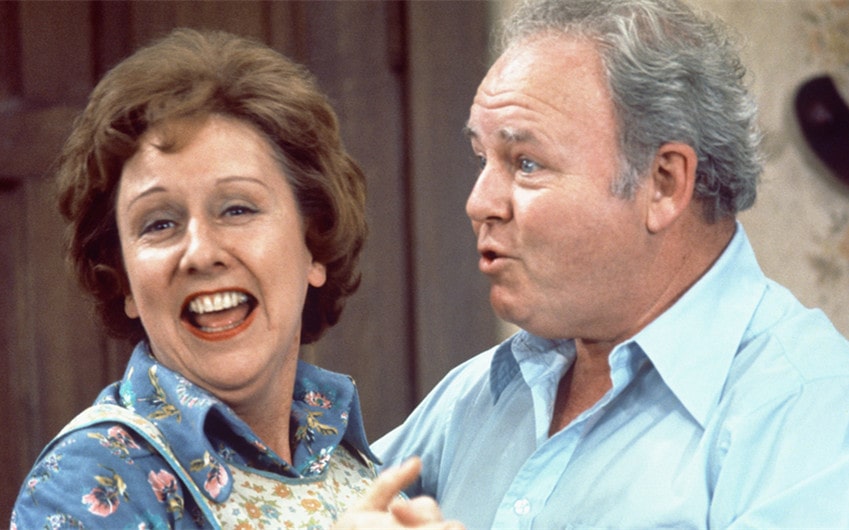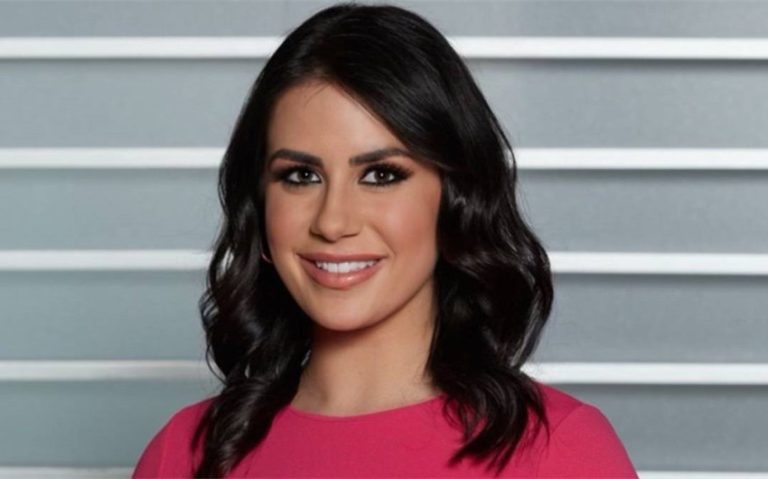Who Was Archie Bunker’s Wife? Exploring Edith Bunker’s Role in All in the Family
When people think about the groundbreaking 1970s sitcom All in the Family, one name immediately comes to mind: Archie Bunker, the loudmouthed yet oddly lovable working-class man whose views reflected the social tensions of his time. But equally unforgettable is Archie Bunker’s wife, the warm, kind, and patient Edith Bunker. Portrayed by the talented Jean Stapleton, Edith became the emotional center of the show, balancing Archie’s rough edges with her gentle wisdom and unwavering love. Though often underestimated by her husband and others around her, Edith Bunker remains one of television’s most beloved and influential characters—a symbol of empathy, grace, and quiet strength.
Who Is Archie Bunker?
Before understanding Edith’s role, it’s important to know who Archie Bunker was. Played by Carroll O’Connor, Archie was the central character of All in the Family, which premiered on CBS in 1971. The show, created by Norman Lear, tackled controversial social and political issues with humor and honesty, something few sitcoms dared to do at the time. Archie was portrayed as a blue-collar worker from Queens, New York—outspoken, opinionated, and resistant to social change.
Archie’s blunt remarks and prejudices reflected many of the attitudes prevalent in working-class America during the 1970s. He often clashed with his liberal son-in-law, Michael “Meathead” Stivic, creating comedic yet thought-provoking moments about politics, race, gender roles, and generational divides.
Yet beneath his gruff exterior, Archie was deeply human. He cared about his family, even if his old-fashioned views often led to conflicts. It was Edith, his devoted wife, who consistently softened his edges, grounded him, and reminded viewers that even flawed people are capable of love and growth.
Meet Edith Bunker – The Heart of the Show
Edith Bunker, played by Jean Stapleton, was the emotional anchor of All in the Family. She was a homemaker who embodied kindness, patience, and optimism. With her distinctive high-pitched voice, gentle laughter, and occasional naivety, Edith became an instantly recognizable figure in American television.
Where Archie was gruff and confrontational, Edith was nurturing and forgiving. She often listened patiently to his tirades, sometimes agreeing just to keep the peace, but other times gently challenging him with her innate sense of fairness. Her moral compass was strong, though she expressed it in subtle ways. Edith’s compassion extended to everyone—neighbors, strangers, and even people Archie didn’t particularly like.
Despite being portrayed as simple or even “dingy” at times, Edith possessed a quiet wisdom that transcended Archie’s bluster. She wasn’t book-smart in the academic sense, but her emotional intelligence and capacity for love made her one of television’s most relatable and endearing characters.
Her catchphrases, like “Oh, Archie!” and “I’ll get it!” delivered in her cheerful Queens accent, became part of television history. But more than her words, it was her demeanor—kind, sincere, and authentically human—that made her unforgettable.
The Relationship Between Archie and Edith
The marriage between Archie and Edith Bunker was one of the most complex relationships ever depicted on television. On the surface, Archie often appeared domineering, calling Edith “dingbat” and dismissing her opinions. Yet underneath the teasing and grumbling, there was genuine affection. Archie depended on Edith far more than he admitted. She was his confidante, his caretaker, and, in many ways, his conscience.
Their relationship reflected the dynamics of many traditional marriages of the era. Archie represented the patriarchal, old-fashioned husband who believed in defined gender roles, while Edith represented the devoted wife who upheld family harmony. However, All in the Family cleverly subverted these stereotypes. Over time, Edith emerged as the moral and emotional backbone of the household.
In some of the show’s most powerful episodes, Edith stood her ground against Archie’s outdated beliefs. One memorable moment occurred when she challenged him about racial prejudice, showing courage and independence in her own quiet way. In another emotional episode, Edith was nearly assaulted, and her trauma was portrayed with empathy and realism—a groundbreaking storyline for its time. Through it all, Archie showed rare moments of tenderness, revealing how deeply he loved and needed her.
Their bond was imperfect but real, mirroring the complexities of marriage itself. Viewers saw in them the arguments, laughter, and love that made their relationship both believable and profoundly moving.
Jean Stapleton’s Portrayal and Impact
Jean Stapleton’s performance as Edith Bunker remains one of the greatest achievements in television history. She brought depth and authenticity to a character who could easily have been reduced to a stereotype. Stapleton’s portrayal won her three Emmy Awards and two Golden Globes, cementing her status as one of the finest actresses of her generation.
Stapleton approached Edith not as a caricature but as a fully realized human being. Her acting made viewers laugh one moment and cry the next. She managed to convey that Edith’s kindness was not weakness—it was her strength. Even Archie’s sharpest insults couldn’t shake her optimism or her faith in people’s goodness.
In interviews, Stapleton often said she saw Edith as the “soul” of All in the Family. Without her, the show’s controversial themes might have felt too abrasive. Edith humanized Archie, giving the audience a lens through which to see his redeeming qualities. When Jean Stapleton decided to leave the show in 1980, her absence left a void that could never truly be filled.
Edith Bunker’s Legacy in Pop Culture
Edith Bunker’s influence extended far beyond All in the Family. Her character represented a generation of women whose roles were often confined to domestic life, yet who held families together through love and patience. She resonated with audiences who saw themselves in her compassion and her quiet strength.
After All in the Family ended, Archie’s story continued in the spin-off series Archie Bunker’s Place. In that show, viewers learned that Edith had died of a stroke—a development that deeply affected fans. The episode depicting Archie’s grief remains one of the most emotional moments in television history. In it, Archie finds one of Edith’s slippers and breaks down in tears, finally confronting how much she meant to him.
Even decades later, Edith Bunker continues to be celebrated as one of the most iconic female characters in television history. She has been referenced and parodied in various shows, but her essence—a symbol of compassion and humanity—remains unmatched.
Featured Image Source: npr.org






